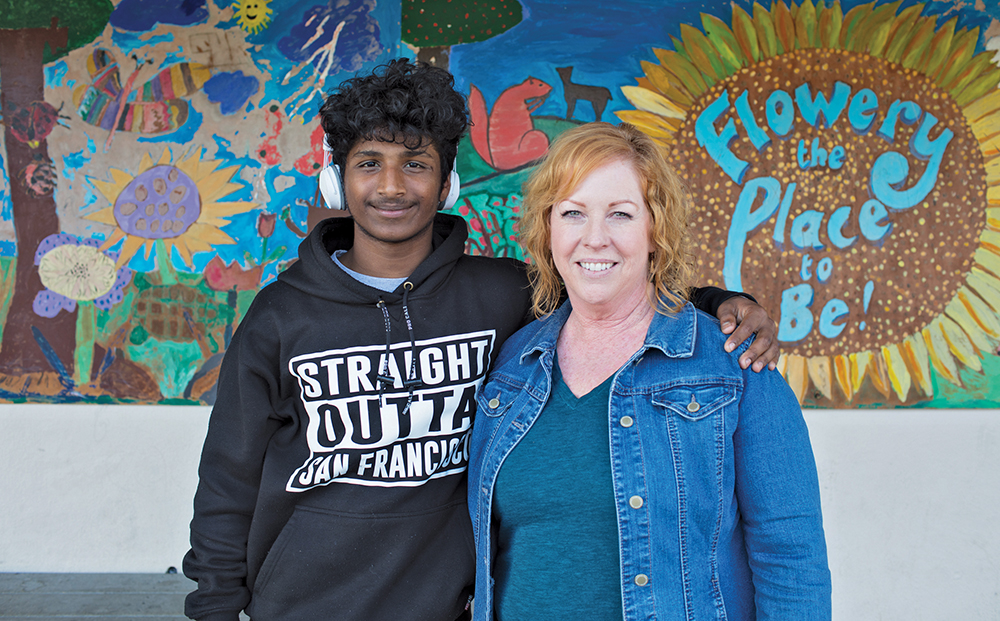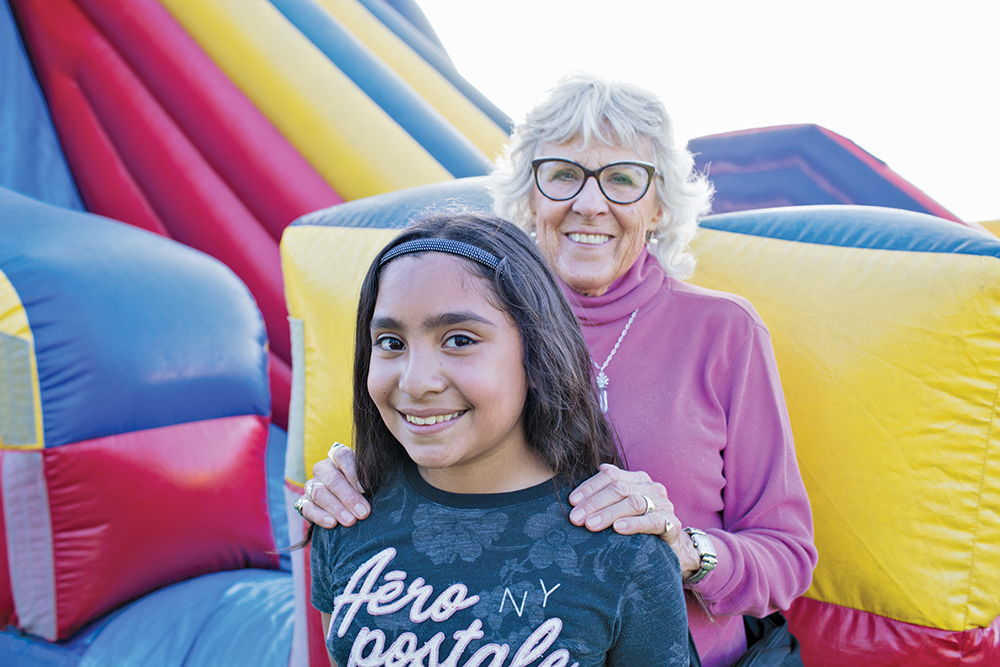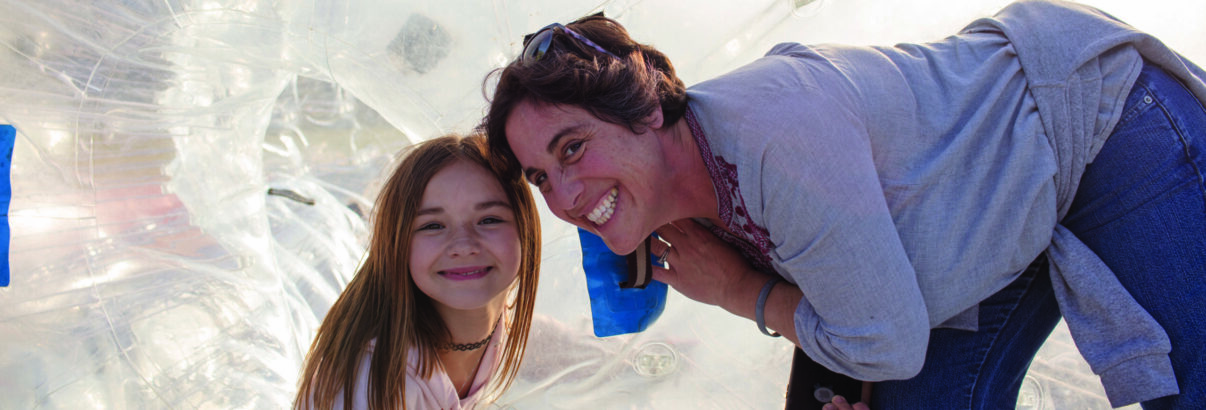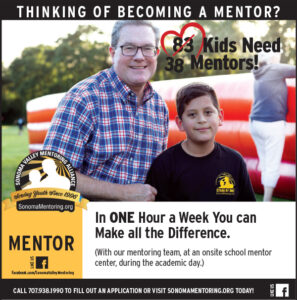More than 2,000 mentees with life-changing relationships.
story David Bolling
It has been said that we will ultimately be measured not be the money we have earned, the businesses, careers, professions we have built, not by the cars we drive or the size of our homes or the honors and awards we have earned, or even by the number of friends we have or the respect and recognition we receive in our communities.
We will ultimately be measured by one simple standard: the quality of the children we raise.
If that’s not your top priority — and let’s be honest, for many of us it’s not — it may be time to thoughtfully evaluate your life a little, examine where you can invest a bit more of your time with the greatest possible return on investment.
And if you have no children at home, if you’ve already done all the raising you were planning to do, perhaps you’d be open to the possibility that there always have been, and always will be children, in every community, who need some extra help being raised. Children from broken homes, children with cultural, economic, educationa, or emotional obstacles to navigate, children who just need an older friend.

Or, consider this. Perhaps your children are still at home, that they’re loved, and happy and doing well in school and facing rosy futures — or futures as rosy as possible in the overheated world we have consigned them to. Let’s say that’s the case in your life. It might still be possible to find one hour a week to devote to a child whose future doesn’t seem so rosy, a child in whose life you could make a major difference without making a major investment in time.
In the 25 years since the Sonoma Valley Mentoring Alliance was founded by Kathy Witkowicki in a Flowery School custodial closet, there have been somewhere between 2,000 and 2,100 mentor-mentee matches. At least one match has endured the test of those 25 years, in that Howard Gorbach and his mentee, Matt, are still connected, which means, in effect, it’s forever.
And there are current high school seniors who have been mentored since the second, third, and fourth grade.
Lee Morgan Brown, the open-hearted executive director of the Mentoring Alliance, lays out some impressive statistics. The national average for the duration of mentor-mentee relationships, she says, is 5.5 months. The current average for Mentoring Alliance matches is 8 years. There’s a reason for that, beyond the exceptionally detailed and rigorous effort to match the right mentor to the right mentee, and that reason is simple. The Mentoring Alliance is a school-based program. Each relationship is started and nurtured within the secure and carefully structured environment of a dedicated Mentor Center on each of eight campuses in the Sonoma Valley Unified School District. It’s a virtually fail-safe system, with a Mentor Center facilitator present at each site to help guide and nurture the process. And they are very invested in their work. As El Verano School facilitator Annette Giroux-Smith told this magazine earlier, “We are the nurturers, the mediators, the matchmakers, the problem solvers, the hostesses, the secretaries, and the messengers. We provide a sanctuary for matches to meet, feel welcome and safe. We are advocates for children and guides for adults. We are role models for our role models.”
With that kind of support, mentors are never left to their own devices; there is continuous guidance available. The only commitment mentors have to make is to be there once a week for an hour, and to be a friend.
Which leads to the question of time, probably the number one objection voiced by would-be mentors who fear being trapped in a commitment that could disrupt their lives. There’s a pretty simple answer to that concern. An hour a week translates into 8.5 minutes per day. Many of us burn that much time trying to remember where we put the car keys. The truth is, almost everyone has the time.

But there’s another, equally important, truth. As the mentoring relationship progresses it becomes clear, it’s a relationship, not a weekly appointment. And relationships have a way of leaking outside the box. It’s totally voluntary, of course, but the odds are good that once you’ve spent that one weekly hour for a few months or a year, that relationship is going to expand into other corners of your life, because you want it to. Because that’s when love rears its head, because that’s what love does. And know this, whether you want it or not, you will be loved, and you will love in return.
Of course, if you absolutely, categorically can’t cough up that hour, there are other needs. It costs approximately $2,000 a year to support each mentor-mentee relationship, including the cost of that mentor center. The Mentoring Alliance budget is about $750,000 a year, and there is no state or federal funding. The money comes from grants, foundations, and generous donors. Perhaps like you.
The difference having a mentor makes in mentee lives is immeasurable. It’s huge. And here’s what a group of grown mentees recently said about the experience.
Isamar: “My mentor has been the one who’s helped me with so many decisions. She never left my side during the fires, when our homes were burned out. I wouldn’t be here today without her… she’s the best thing that’s ever happened to me.”
Traytce: “My mentor has changed my life forever. Mentoring was a great experience for me. I’m now the New Attendance Director for SVUSD. My mentor made me realize that I could do anything.”
Lucia: “My mentor was so patient with me. Her patience and consistency made me open up to her. I knew that I had someone who truly cared about me. She is my family. I’m slowly giving back in ways that I can. She helped me get into programs, encouraged me. I aspire to be what she is. She helped me become the person I am today.”
Mailani: “My mentor came into my life at the most perfect time. I needed a strong female in my life because I had none. Her consistency was so important to me. She totally supports me in my life’s path.”
Luis: “I want people to know how important my mentor is to me and why kids should have a mentor in there life. The outcome of things for the future is so much better and brighter, believe me.”
These mentee alumni demonstrate what Brown describes as the organization’s bottom line. “Self-confident young adults, who are responsible and interested in giving back, will be the future leaders of our town. Investing in them is investing in the future of Sonoma Valley.
This being the 25th anniversary year for the Mentoring Alliance, a notable watershed, it will be recognized and celebrated in various ways through the 2020-21 school year, culminating with a gala dinner on March 6, 2021.
You can find out more by dropping by the freshly relocated Mentoring Alliance office in the Sonoma Community Center building, at 276 East Napa Street. There is always fresh coffee available and answers to every question.


